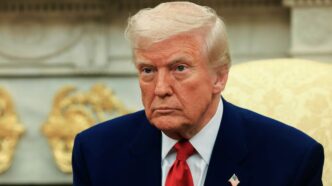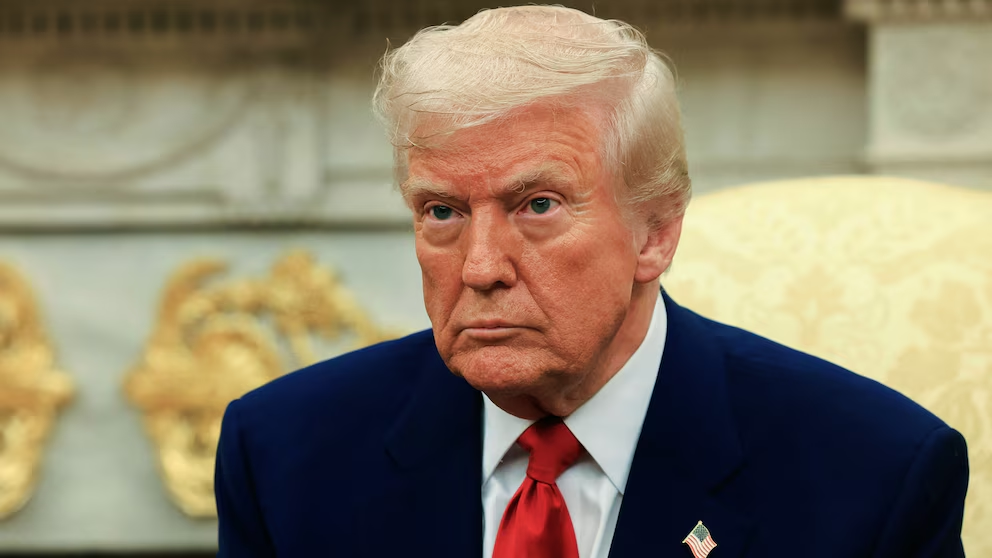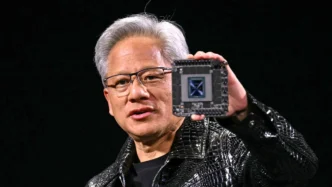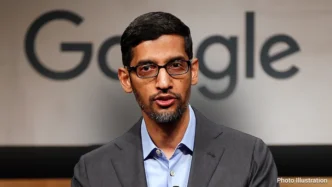When Donald Trump declared “Liberation Day,” few outside his inner circle shared the enthusiasm. Global markets tumbled in ways not seen since the COVID-era lockdowns. Confusion followed, especially over bizarre tariff targets like the remote British Indian Ocean Territories and the penguin-inhabited Heard and McDonald Islands.
While some blame artificial intelligence—perhaps even Elon Musk’s Grok—for the strange tariff list, others see this as classic Trump: unpredictable but calculated. Whatever the reason, one thing is clear—Trump’s trade tariffs are now reality, and industries are scrambling to respond.
Can Technology Ease the Pain of Tariffs?
History shows that economic disruption often creates space for innovation. This time, tech may be the lifeline businesses need.
David Villalón, CEO of Spanish AI startup Maisa, believes artificial intelligence could make a real difference. “Back in the 1930s, there was no way to manage sudden economic changes efficiently. Now, AI can help companies navigate chaos—from tracking tariff shifts to managing supply chains in real time.”
This shift could open doors for tech entrepreneurs offering platforms that optimize logistics, automate regulatory compliance, and provide predictive insights to stay ahead of the disruption.
Payments Tech Is Becoming a Strategic Tool
Kamran Hedjri, CEO of payment platform PXP, highlights that when tariffs drive up costs, businesses must cut inefficiencies elsewhere to survive.
“Retailers operating across borders are feeling the squeeze. In this environment, payments become a critical lever,” Hedjri said. “Delays or hidden fees can quickly erode profits. Faster settlements and smarter payment systems are now more valuable than ever.”
For high-volume retailers, even minor friction in transaction processes could tip the balance between profit and loss.
Cross-Border Retailers Face a Harsh New Reality
Ecommerce players have been hit hard. The popular $800 exemption for low-value imported goods is being phased out. Though temporarily reprieved, the change could seriously disrupt platforms like Shein and Temu—who send hundreds of thousands of parcels to the U.S. every day.
Zaki Farooq, CTO and Co-founder of PayFuture, warns of major consequences. “The removal of the low-value exemption forces digital-first retailers to rethink everything—from fulfillment to pricing. It’s a massive blow to cross-border ecommerce.”
Robin Anderson from Tribe Payments agrees, calling it a “seismic shift.” He adds, “Merchants shipping into the U.S. will now face longer customs delays, higher fees, and a spike in customer complaints about unexpected duties.”
Anderson also sees smart payments infrastructure as a competitive edge. “To stay ahead, retailers need more than just resilience—they need smarter systems to adapt quickly.”
Could Crypto Gain Ground as Trust in Fiat Wavers?
Interestingly, not all sectors are bracing for impact. Some see opportunity, particularly in crypto.
Ryan Lee, Chief Analyst at Bitget Research, believes Trump’s aggressive policy could boost Bitcoin’s appeal. “When confidence in traditional currencies drops, Bitcoin becomes more attractive. Trump’s tariffs could be a major catalyst for crypto adoption.”
If businesses and consumers begin viewing decentralized finance as a safeguard against unstable economic policy, this could accelerate the shift toward digital assets.
Is This Just Trump’s Opening Move?
For many, these tariffs aren’t about short-term pain, but long-term leverage.
The United States accounts for only 4% of the world’s population, but it remains the largest consumer market. Trump appears to be betting that this buying power gives the U.S. the upper hand in global trade talks.
Mark Pearson, founder of Fuel Ventures, sees this as a strategic play. “This isn’t just about economics—it’s about power. Without tariffs, global trade continues as usual. With them, America forces a new conversation.”
While large regions like the EU may be able to resist the pressure, smaller economies might struggle. Many will be forced to renegotiate their terms with the U.S., whether they like it or not.
Still, Pearson warns against giving in too quickly. “Backing down sets a dangerous precedent. If the U.S. sets the rules and no one challenges it, global trade becomes a one-sided game.”
Final Thoughts
Trump’s trade tariffs are creating waves across every sector—from ecommerce to crypto. But amid the uncertainty, a clear message is emerging: adaptability is key. Technology, particularly in payments, logistics, and AI, will determine which companies ride out the storm and which get swept away.
This is more than a policy change—it’s a test of how resilient, responsive, and resourceful the modern economy can be.













